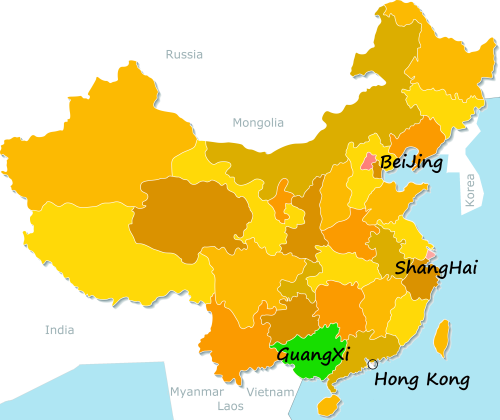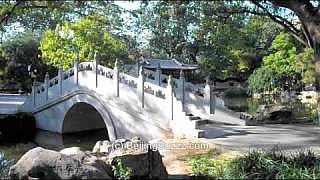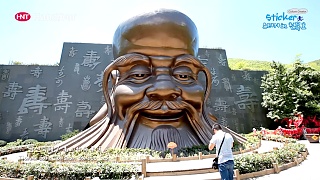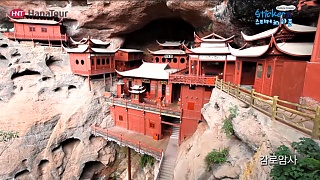With Walk East ...
[640],shadow=true,start=,stop=
Live more ...
 ChongZuo and DeTian waterfalls GuangXi province
ChongZuo and DeTian waterfalls GuangXi provinceWith Walk East ...
[640],shadow=true,start=,stop=

|
The small(ish) and little-known but perfectly-formed park in south west Beijing.
|

|

|
Including TianMu Lake 天目湖 ...
|

|
Awesome soundscapes by the wonderful Michel Pepe - let your heart sail through the stars ...
|

|
A few of the great China videos by Stick2r ...
|